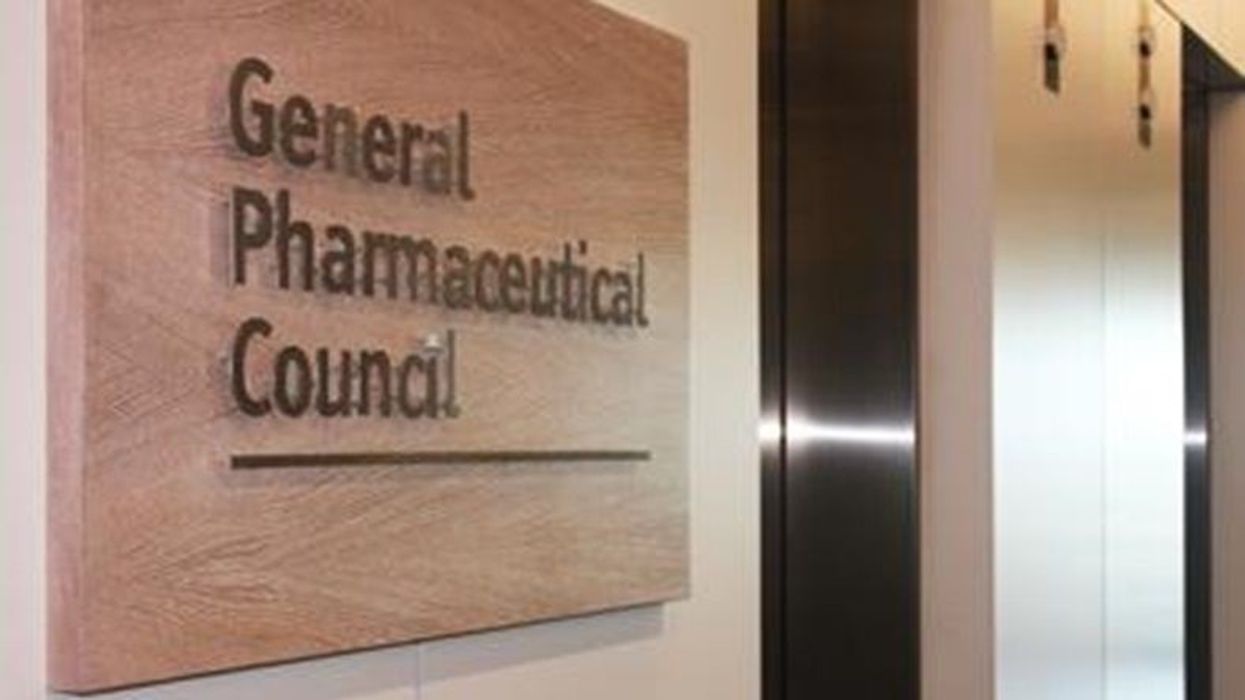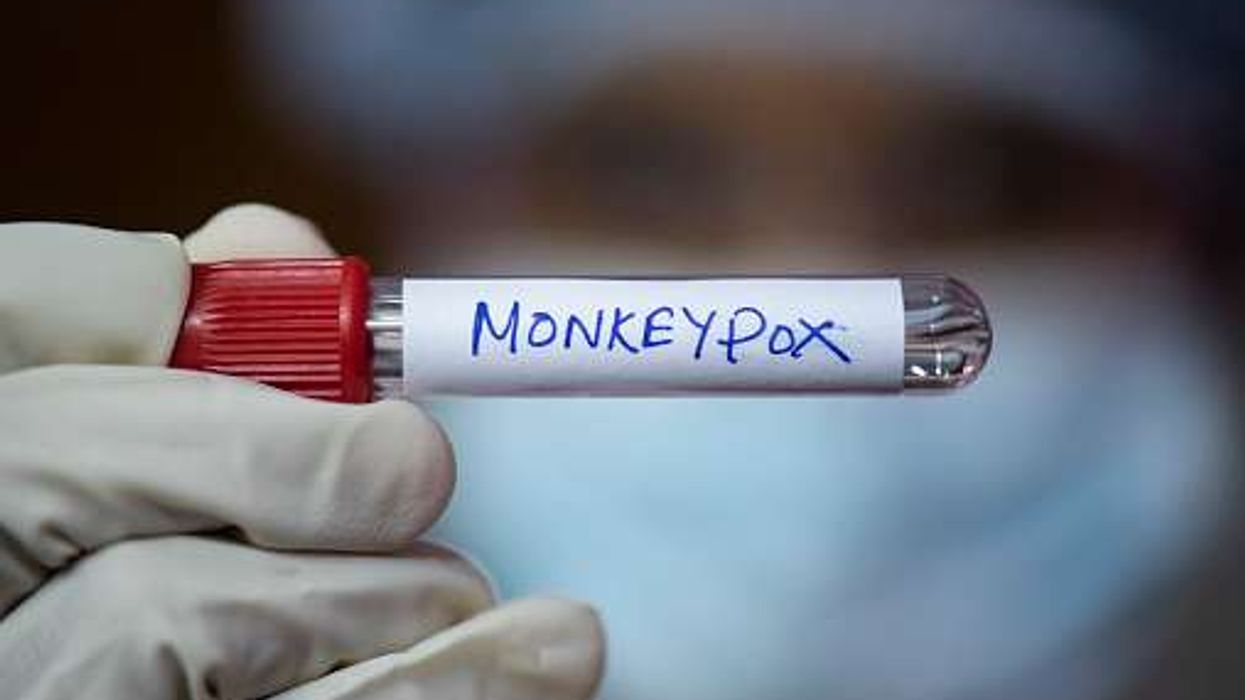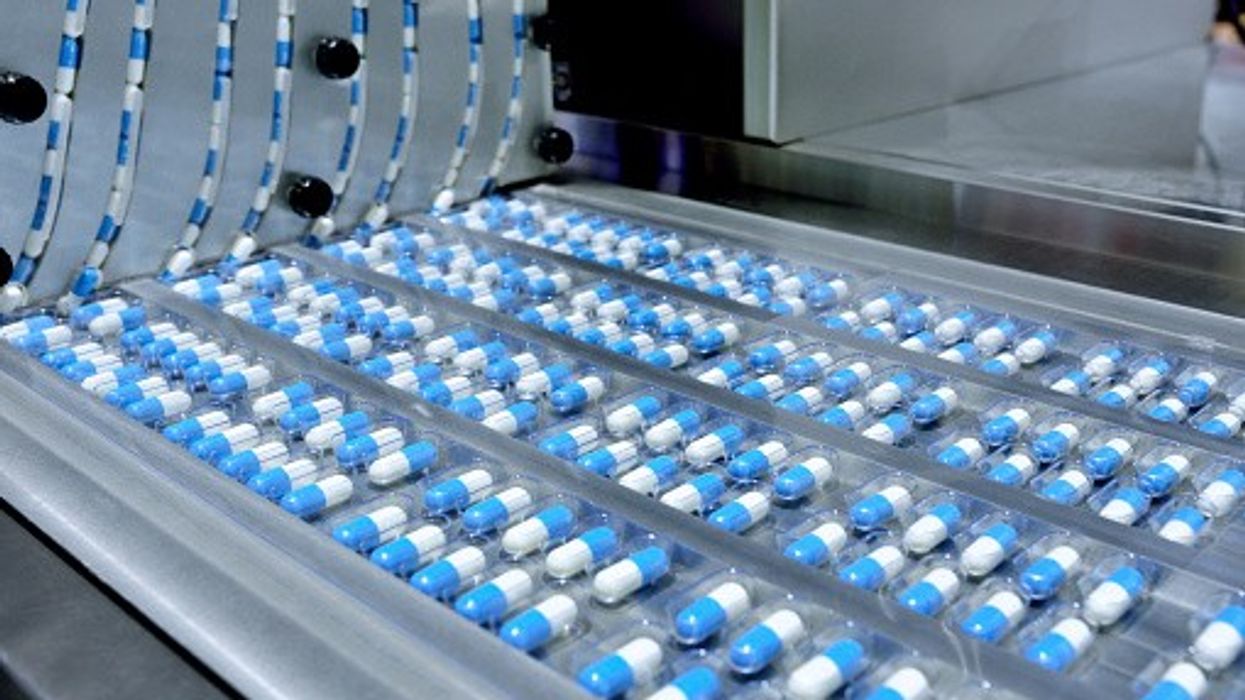British employers should pay the wages of anyone told to stay at home by England’s COVID-19 test and trace system, British health minister Matt Hancock said on Thursday.
The service is aimed at allowing the loosening of lockdown measures for most of the population. From today (May 28), contacts of those who test positive will be instructed to isolate for 14 days, even if they have no symptoms.
Asked during an interview on Sky News if employers were being asked to step in and pay people’s wages while they isolate, Hancock said: “Yes.”
“If you are instructed by the NHS, for public health reasons, to stay at home then that is the equivalent in employment law to being ill and it is very important that employers are flexible about this,” he said.
Hancock also said an accompanying tracing app, which is being trialled on the Isle of Wight and is key to finding anonymous contacts, is ready but is not being brought in yet.
The tracing service, which will have a task-force of 40,000 specialists to test those with symptoms and identify their contacts, will initially rely on good will but the government said sanctions could be imposed if people did not comply.
“We are confident the vast majority of people will participate,” Hancock told BBC News.
No information on how it impacts community pharmacy teams, other heathcare workers
The Government's latest guidance does not provide any information on the implications of the system on healthcare workers, including community pharmacy team members.
The Pharmaceutical Services Negotiating Committe has sought further information on this from the Department of Health and Social Care and NHS England and NHS Improvement.
Commenting on the announcement, Alastair Buxton, PSNC director of NHS Services, said: “The NHS Test and Trace programme will be an important part of the nation’s efforts to tackle the ongoing spread of Covid-19, but greater clarity needs to be provided by Government on how the requirements for self-isolation apply to healthcare workers.
"Where a pharmacy team member tests positive, the implications of this new approach could be the need for all their colleagues to self-isolate for fourteen days, with the subsequent immediate, temporary closure of the pharmacy. For this reason, we have sought urgent clarification on the application of the requirements from DHSC and NHSE&I.”
The UK abandoned test and trace in March when the virus started spreading exponentially and there was insufficient capacity to test more than a fraction of those with symptoms.
The government says there is now enough capacity for all who needed one to be tested and it is aiming to get test results back within 24 hours.
(With input from Reuters)











